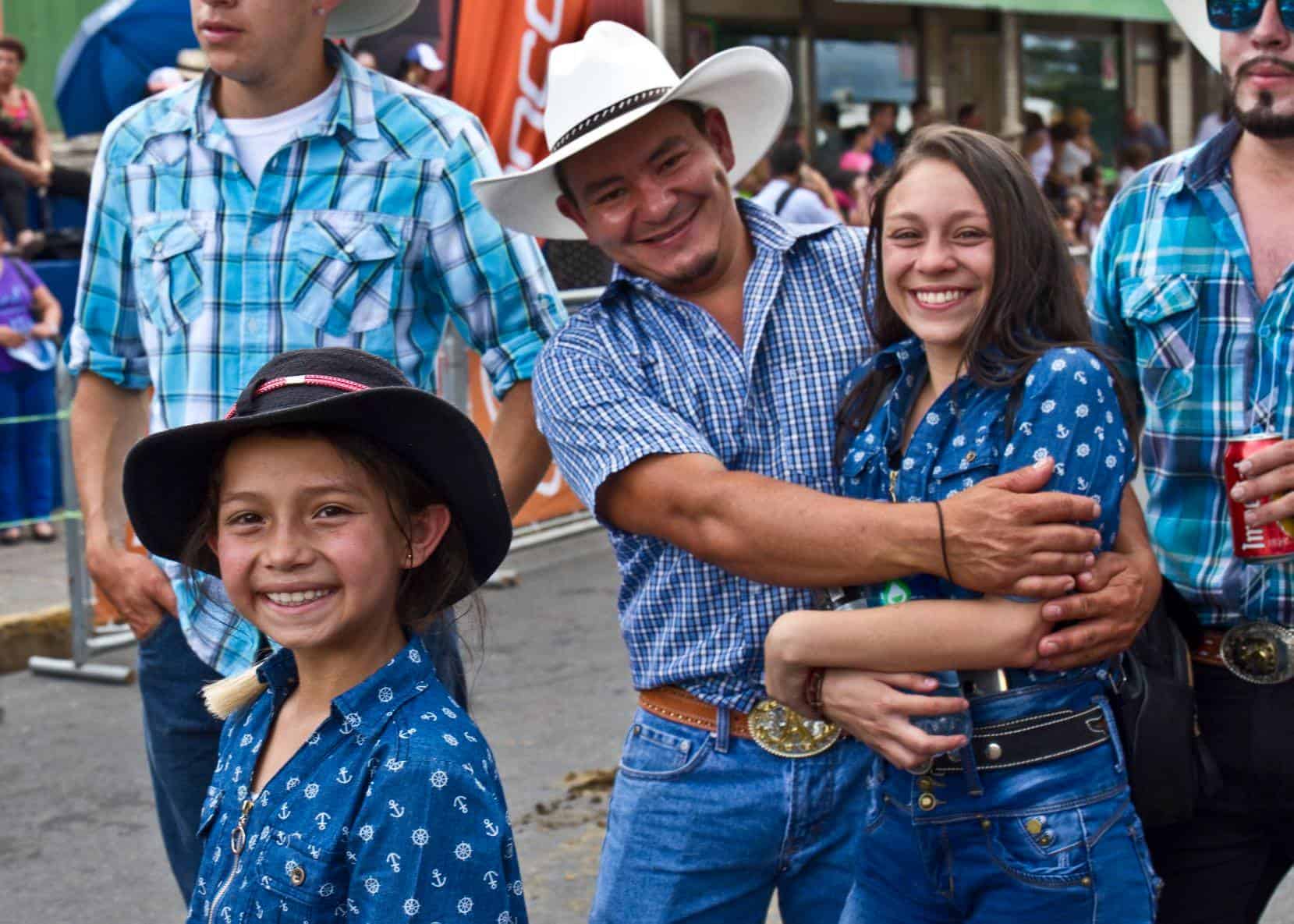You can’t call yourself fluent in Costa Rican Spanish unless you understand its slang.
Over the past several weeks, we brought you Parts 1,2, 3, 4, 5 and 6 of our Tico Talk series on tiquismos or costarriqueñismos.
Ready for Part 7? Here you go, my friends!
Costa Rican Slang, Part 7
Atravesar el caballo: To change the subject in the middle of a conversation.
Cartucho: This word actually means a cartridge, but in Costa Rica it is sometimes slang for the city of Cartago.
Chema: Slang for a shirt.
Con el moco caído: To be sad.
Con toda la pata: Perfect or great.
Cuero: A woman with a bad reputation. Cuero usually means leather.
Dar en el clavo: To hit the nail on the head (figuratively).
Doña: Wife or girlfriend.
Echar el cuento: To persuade or to seduce a woman. Echar el caballo or Echar el ruco also means to seduce.
Lucas: Crazy. Loco/a is the more recognized term for crazy.
Mala nota: A bad situation or person.
Mentarle la madre: To call someone an S.O.B.
Pajoso/a: a person who is all talk.
Polo/a or maicero/a: Is a country person or hick (offensive).
Quedarse como en misa: To be very quiet, like during a religious service.
Rulear o Echarse un rol: Means to sleep. Dormir is to sleep in “proper” Spanish.
Yodo: Actually means iodine, but in Costa Rica is slang for coffee. Echase un yodazo is to drink coffee.
¡Toque!: Hurry up! ¡Apuráte! Is also used.
Tiquismos or Costa Rican expressions of the week:
Buscar el sol que más calienta: To look for a better option or situation.
Despedirse a la francesa: To leave without having the courtesy to say goodbye to someone.
¿Cómo está el arroz?: How are things going? ¿Cómo está la cosa? Is also used.
No quitar el dedo del renglón: To stick to our guns, persist in our efforts or to not budge an inch.
Christopher Howard has been conducting monthly relocation/retirement tours and writing retirement guidebooks for over 30 years. See www.liveincostarica.com. He is also the author of the one-of-a-kind bestselling, “Guide to Costa Rican Spanish,” that can be purchased through Amazon.






